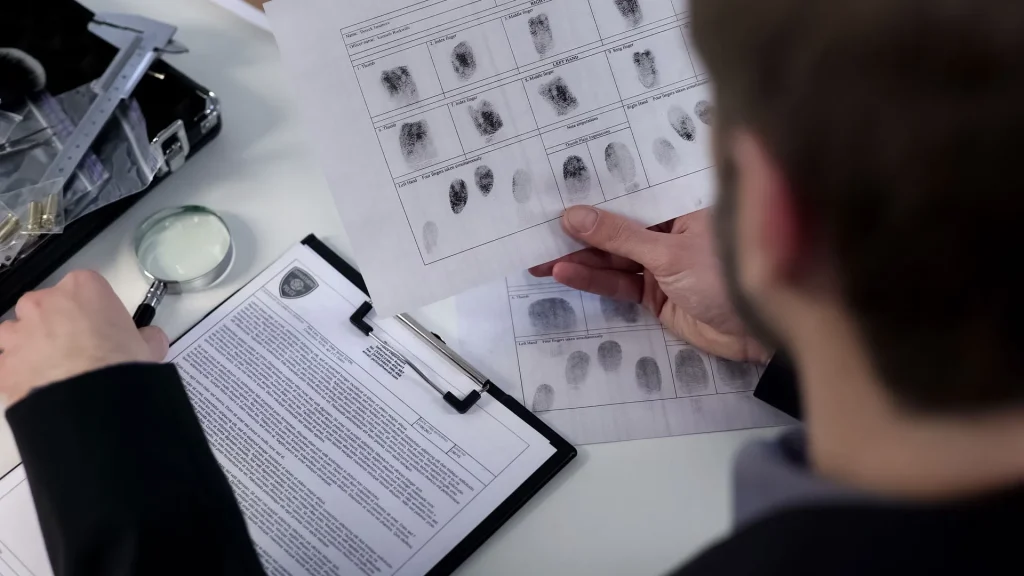1. Introduction
Whether you’re applying for a visa, foreign job, school, or adoption, you may be asked to submit an FBI background check. But what comes next can be confusing: do you need an apostille or authentication?
While both processes verify your FBI background report for international use, they are not the same thing and are used for different types of countries.
In this blog, we’ll break down the exact difference between an FBI apostille and authentication—and when you’ll need each. Let PDX Fingerprinting help you choose the right option and process your documents fast and securely.
2. What Is an FBI Apostille?
An FBI apostille is a certificate issued by the U.S. Department of State that verifies the authenticity of your FBI background report. It’s intended for use in countries that are members of the Hague Apostille Convention, a global treaty that standardizes document recognition between member nations.
If your destination country participates in this convention, the apostille will be legally sufficient to verify your background report without further embassy involvement.
3. What Is Document Authentication?
Authentication is a multi-step certification process for U.S. documents, including FBI reports, that are being sent to countries not in the Hague Apostille Convention.
Authentication requires:
- Certification from the U.S. Department of State
- Legalization at the embassy or consulate of the receiving country
This process confirms the legitimacy of the FBI background report and ensures it meets the foreign country’s specific legal standards.
4. Apostille vs. Authentication: Key Differences
| Feature | Apostille | Authentication |
| Used for | Hague Convention countries | Non-Hague Convention countries |
| Issued by | U.S. Department of State | U.S. Dept. of State + Embassy of receiving country |
| Additional legalization | Not required | Required from foreign consulate/embassy |
| Processing time | 5–15 business days (with service) | 10–20 business days or more (depending on embassy) |
| Common destinations | Spain, South Korea, Italy, Mexico | China, UAE, Qatar, Kuwait, Egypt |
5. When Do You Need an Apostille?
Choose an apostille if your FBI background check is being submitted to any of the 124+ countries that are part of the Hague Apostille Convention.
Examples of countries that accept apostilles:
- France
- Germany
- Italy
- Mexico
- South Korea
- Australia
- Argentina
- Chile
- Colombia
The apostille simplifies document verification, avoiding lengthy embassy visits.
6. When Do You Need Authentication?
You’ll need authentication if the country you’re submitting your FBI background report to is NOT a member of the Hague Apostille Convention.
Examples of countries that require authentication:
- China
- United Arab Emirates (UAE)
- Egypt
- Qatar
- Kuwait
- Saudi Arabia
In these cases, the U.S. Department of State authenticates the FBI report, and then the embassy or consulate of the destination country must legalize it.
7. How to Tell Which You Need
Use this quick checklist:
- ✅ Check if the destination country is part of the Hague Convention (See full list here)
- ✅ Confirm with the requesting authority (e.g., embassy, employer, university)
- ✅ Ask your international lawyer or HR manager
- ✅ Or simply contact PDX Fingerprinting and we’ll verify for you
We stay updated on all embassy and apostille requirements so you don’t have to worry about choosing the wrong process.
8. How PDX Fingerprinting Helps
Navigating international documentation can be overwhelming. That’s where we step in.
At PDX Fingerprinting, we provide:
✅ FBI Background Check Processing
✅ Apostille or Authentication services
✅ Correct preparation of DS-4194 forms
✅ Embassy/consulate coordination for authentications
✅ Secure shipping, tracking, and updates
We’ll help you identify the correct legalization process for your document and handle everything from start to finish—so you get your apostilled or authenticated FBI report stress-free.
Serving Portland, OR and all 50 states.
Get started now.
9. FAQs
Q: What happens if I choose the wrong process?
A: Your document may be rejected abroad, delaying your application or visa. It’s crucial to select the correct legalization type.
Q: Can I apostille a state background check?
A: No, only the FBI criminal background check can be apostilled at the federal level by the U.S. Department of State.
Q: How long does authentication take?
A: Generally longer than apostilles—typically 10–20 business days, depending on the foreign embassy’s requirements.
Q: Do I need to physically visit a consulate?
A: Not if you work with a service like PDX Fingerprinting. We coordinate all embassy steps for you.
10. Final Thoughts
If you need your FBI background report recognized abroad, understanding the difference between an apostille and authentication is essential. The right process depends on your destination country, and getting it wrong can mean serious delays or rejections.
Let PDX Fingerprinting guide you. With expert knowledge of both apostille and authentication processes, we’ll make sure your FBI background check is prepared, certified, and accepted—wherever you’re going.Contact us today to get your apostille or authentication process started smoothly.


